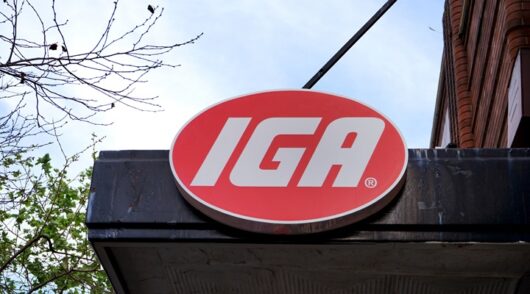
After seeing its active customer base grow by 62,000 in March – the biggest monthly increase the business had seen – online marketplace Kogan saw a further 260,000 customers across April and May.
This growth brought the business’ total active customer base to 2,074,000 during its fourth quarter to-date.
As isolated customers increasingly shopped online, and the business increased its marketing spend, gross sales more than doubled during April and May compared to the same months in 2019.
Adjusted EBITDA grew by more than 200 per cent during the same period, while gross profit jumped by more than 130 per cent.
Strong growth online was not enjoyed exclusively by Kogan during April, with NAB finding the sector had jumped 58.5 per cent on April 2019 and 16.2 per cent on what was seen in March 2020.
Additionally, domestic retailers considerably outpaced international competitors according to NAB chief economist Alan Oster.
“In an ordinary month, growth recorded by international retailers would itself be viewed as strong, but in April domestic retailers recorded exceptional, double-digit growth,” Oster said.
While active customers have seen considerable growth in the past few months, some of this could be related to the fact the figures relate to Kogan’s entire staple of brands – a portfolio that recently grew with the addition of furniture brand Matt Blatt.
Kogan acquired Matt Blatt for $4.4 million in mid May with the intention of using the business as a springboard to enter the furniture and homewares market.
The furniture business shuttered its stores and website in March, and suggested it could have been a permanent closure before Kogan picked the brand up.
However, long-time customers of the replica mid-century modern furniture and homewares brand have been left disappointed by the business’ new offerings, according to a report in the AFR.
Some customers claim they have never received orders paid for, and that Matt Blatt took orders and money with no intention of fulfilling them.
According to the AFR, a Kogan spokesperson said the business had only bought the intellectual property of Matt Blatt and was not part of the liquidation and administration process.





